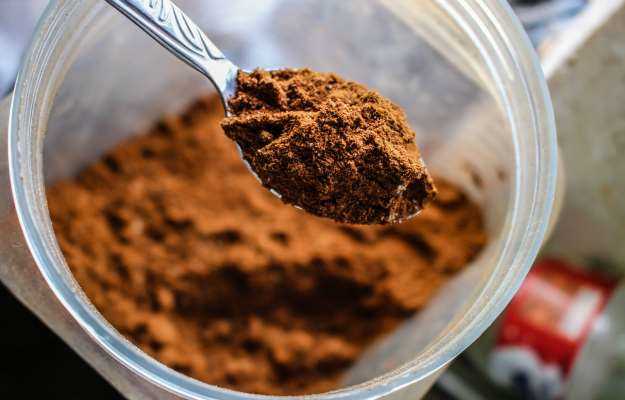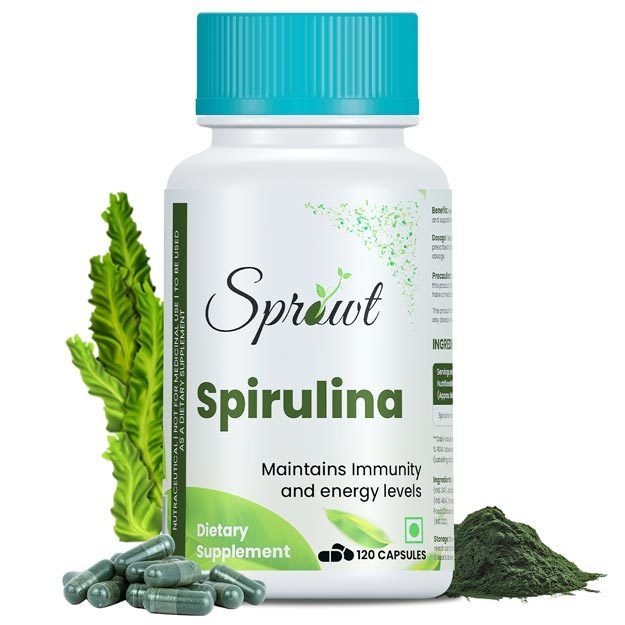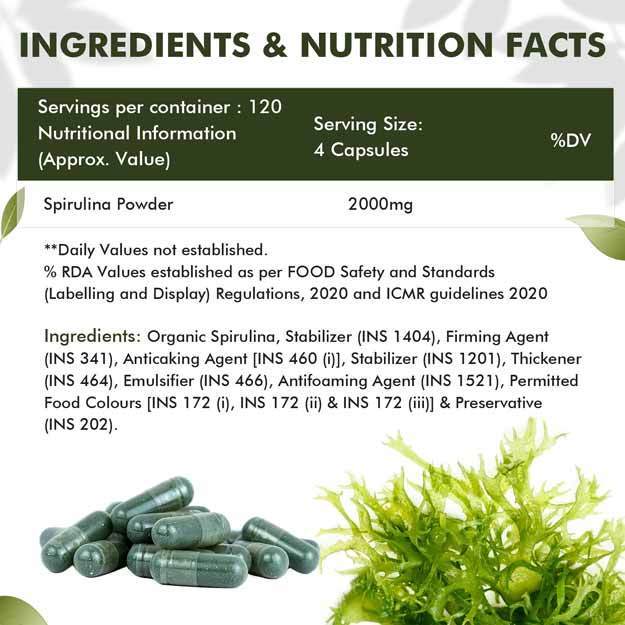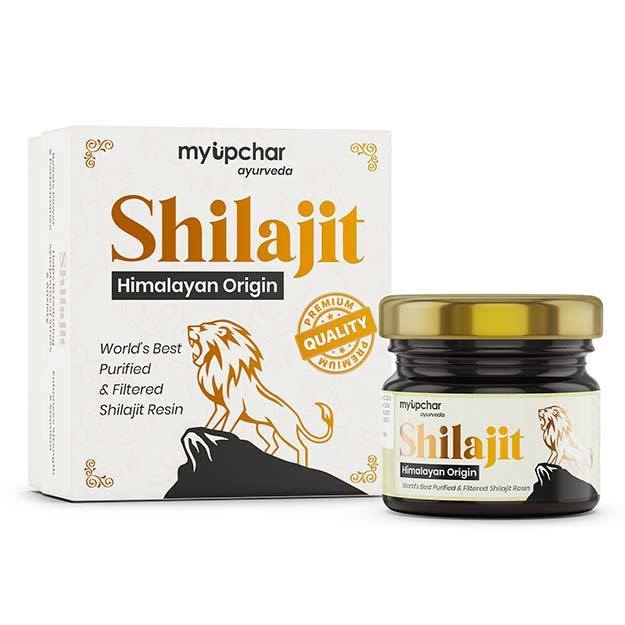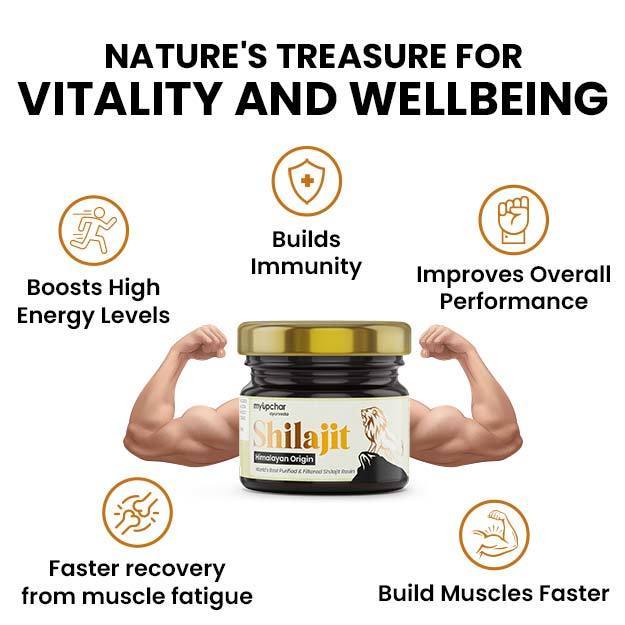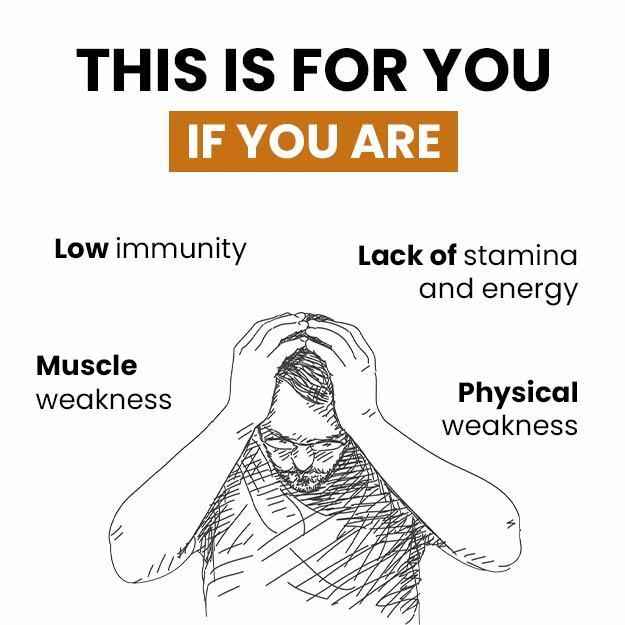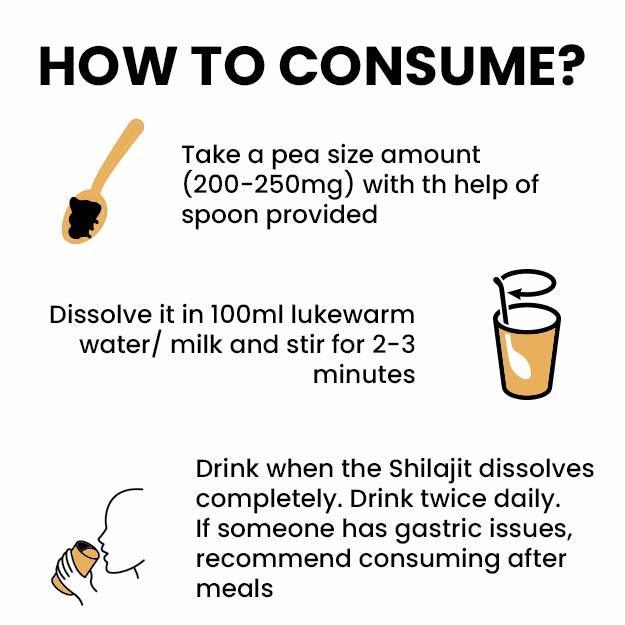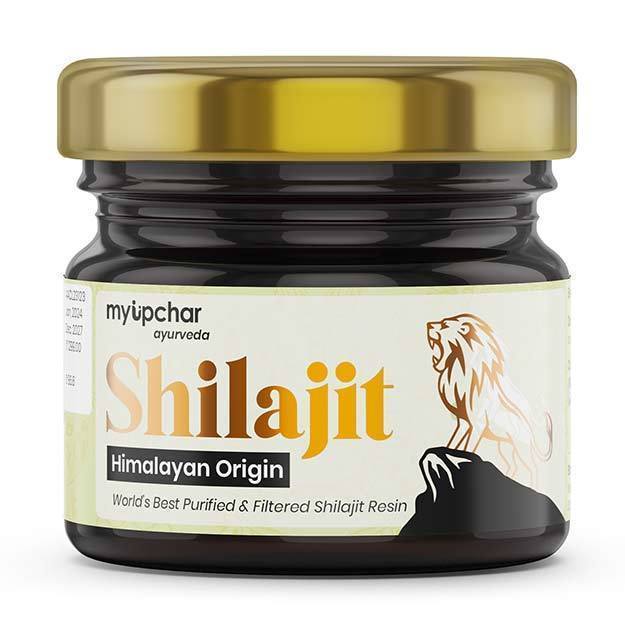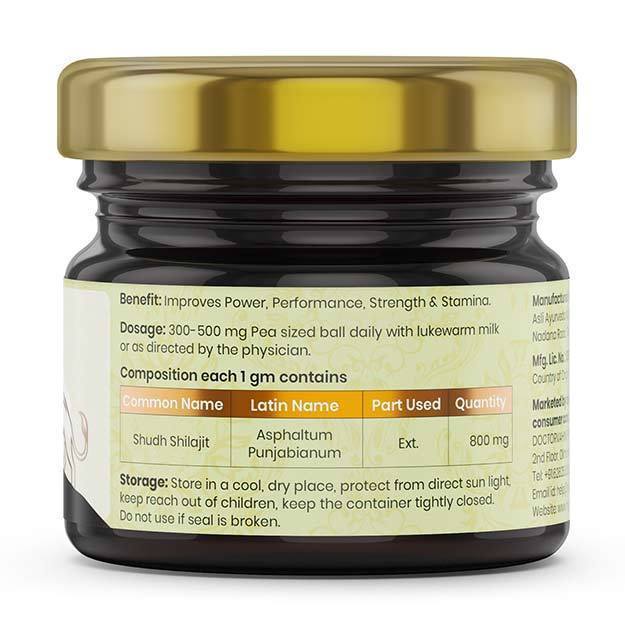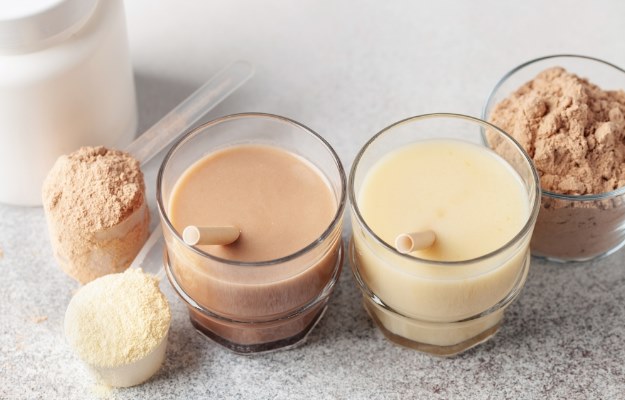Proteins are nutrients that are essential for the proper functioning of the human body. They serve as major sources of energy and form the building blocks of life. Structurally, proteins are large, complex organic molecules. These molecules are required by the body for the growth and the repair of tissues.
The richest sources of protein naturally available for consumption include meat, poultry, eggs, seafood, nuts, seeds, soy products, milk and its products, beans and peas.
Protein powders, on the other hand, are a form of supplement that can be taken to meet the protein requirements of the body. They are mainly produced from high protein sources such as soy, peas and whey. Depending upon the food habits, not all people consume meat or seafood, the most abundant sources of protein. In such cases, intake of right amounts of protein can become a tad challenging, for which protein powder can prove to be a boon.
Read on learn about these and many other benefits of taking protein powder, and the precautions you need to take.
(Read more: Protein benefits)

